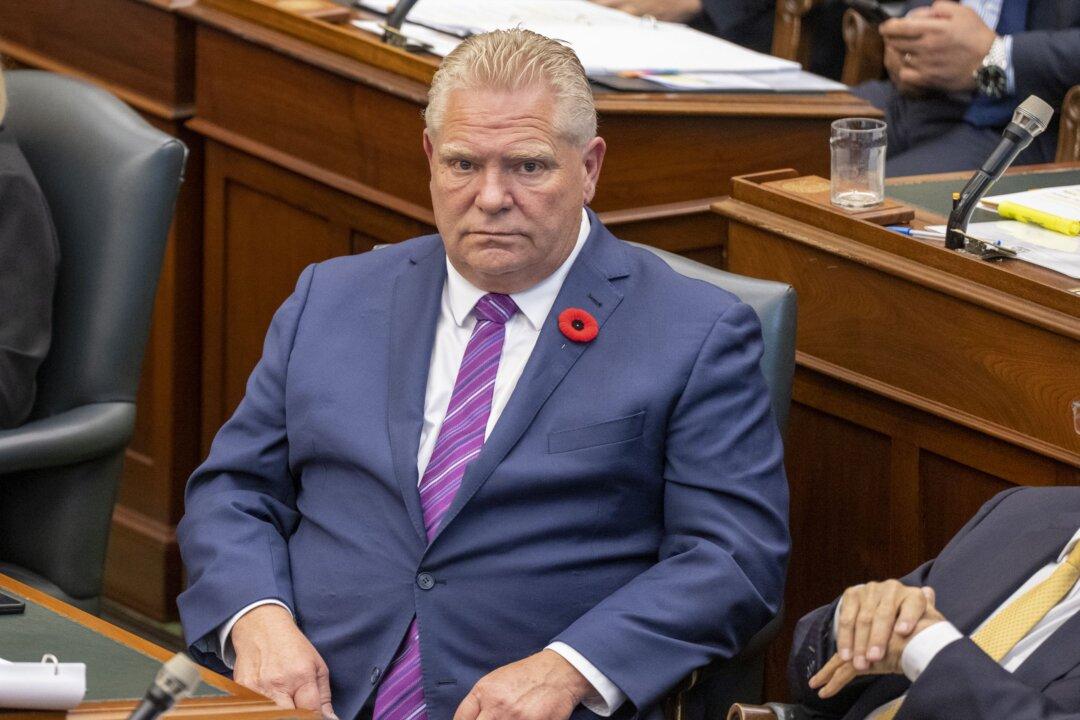Commentary
Ontario Premier Doug Ford passed Bill 28, or the Keeping Students in Class Act, on Nov. 3 to prevent roughly 55,000 education support workers represented by the Canadian Union of Public Employees from going on strike. The provincial government also received royal assent to include Section 33 of the Charter of Rights and Freedoms, or the notwithstanding clause, to ensure no court challenges could be filed.





